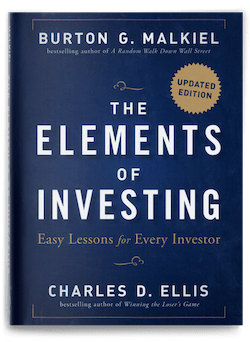Asset Allocation
The appropriate allocation for individual investors depends upon a few key factors. The primary factor is age. If you have lots of time to ride out the ups and downs of the market, you can afford a large allocation to common stocks. If you are retired, it’s wise to invest conservatively. Another factor is your financial situation. A widow in ill health, who is unable to work and who counts on her investments to cover her living expenses, will not want to risk losing substantial amounts of capital during a stock market downturn. She has neither the time horizon nor the earnings from employment to ride out a major market setback. The third big factor is your temperament. Some people simply can’t stand to experience wide swings in their net worth and will want to overweight bonds and cash reserves in their portfolios. Other people care more about long-term growth. To each his own – with caution. Know thyself and match your investing to who you are and where you are in life.
Know thyself and match your investing
to who you are and where you are in life.
Thousands of people go skiing on a typical winter’s day, and almost all of them have a wonderful time skiing at their own level on the trails and slopes that are right for them. The secret to success and enjoyment in so many parts of life is to know your capabilities and stay within them. Similarly, the key to success in investing is to know yourself and invest within your investing capabilities and within your emotional capacities.
No asset allocation will fit all 30-year-olds, 50-year-olds, or 80-year-olds. Even an 80-year-old might want an asset allocation more suitable for a 30-year-old if she plans to leave most of her estate to her children or grandchildren. The appropriate allocation for those planning bequests should be geared to the age of the recipient, not the age of the donor, for that part of their total investments.
The key to success in investing is to invest with the asset mix that’s best for you, considering:
- Your financial situation: assets, income, and savings – now and in the future.
- Your age.
- Your emotional strengths – particularly at market highs and markets lows – and your attitude toward market risk.
- Your knowledge of and interest in investing.



